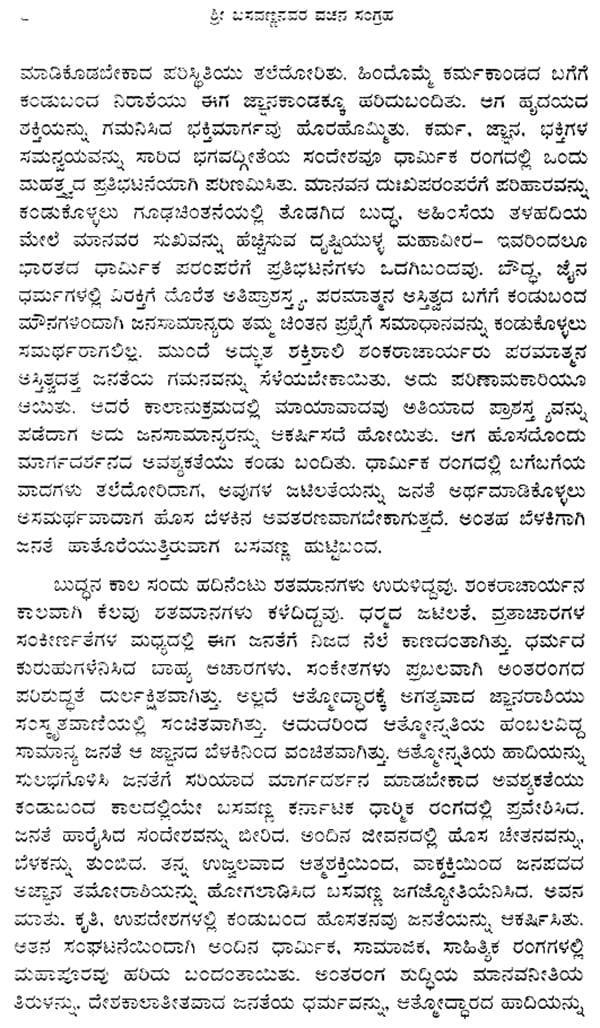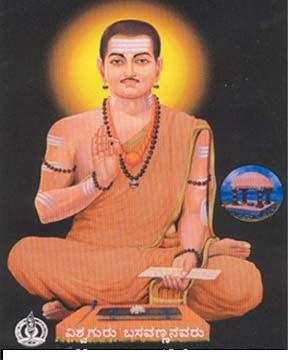
There was a conscious effort to recollect and edit them under the leadership of Lakkana Dandesa, a general under Devaraya II, the Vijayanagara ruler. The Vachanas, which were composed by a diverse class of reformists in the 12th and later centuries would have lost forever, had not a revival moment begun in the 14th century.

Basavanna life history in kannada pdf password#
That's the early phase.įrom the Magazine Caste Your Vote: Why A Caste Census Could Radically Change India’s Political Map A Tulsi Plant, Unworn Sandals, A Mat, Brooms…Hathras Memories In A Post-Truth World Congress Bowls A Caste Googly: A Dalit Sikh As Chief Minister Of Punjab Ahead Of State Polls The Password Is Cheat: Tech-savvy Scamsters Take Control Of Online Entrance Exams Out Of Tune: Indie Musicians Seek Protection From Heckling And Abuse At Gigs This also explains the proliferation of the Lingayat mathas, which has no parallel in history. In this background, one has to understand the strong rural roots of this sect, if that word can be used. In one way, it proved to be blessing in disguise because, the advocates of the new moment who were concentrated in a single centre spread across the entire Karnataka and beyond, to re-root themselves with vigour. However, it lost its momentum because of the political conflict in the Kalachuri court and also because the reformers had to flee the capital, Kalyana. The majority of the working class such as cobblers, tailors, potters and such others immediately rallied round him, making his cause theirs also. This enabled him, a Brahmin by birth, to get support from all those who were discriminated hitherto. The main revolt of Basava and the vachanakaras was against the caste system, the varna order very strongly advocated then. Now, against whom were they directing their questions? Obviously, against the orthodoxy. If you look at the social history of Karnataka, you see a distinct thought process questioning the traditional (Brahmanical values) was emerging in the 12th century. It's not the minority claim that is important here, the basic issue is whether Lingayats are part of Hinduism or not. If you ask why it has aggravated now, the answer is: it has to burst open early or late and it is precipitated by several factors now. But the differences which were simmering during the last 100 years have surfaced now.

Earlier, not much thought was given to these nomenclatures. The issue has gained more intensity in recent times, especially in the last hundred years.


S Settar, 83, former Chairman of the Indian Council of Historical Research, traces the debate from its beginnings and tells Outlook that the cause of this confusion is because much of the history of the Veerashaiva-Lingayats hasn't been written yet.Ĭan you give a broad outline of the origins of the Lingayat-Veerashaiva religious identity debate? It's a vexing issue for sure and it has many elements to it - politics, religion, culture, history and of course economics. The Karnataka government's nod for a minority religion status to the Lingayat community has been a hotly debated topic over the past week.


 0 kommentar(er)
0 kommentar(er)
